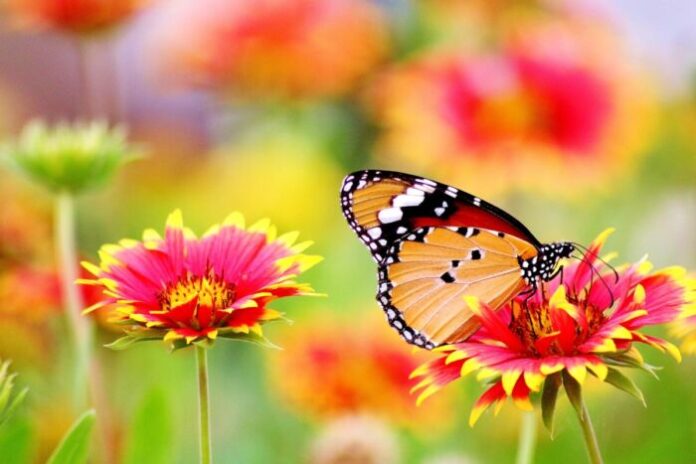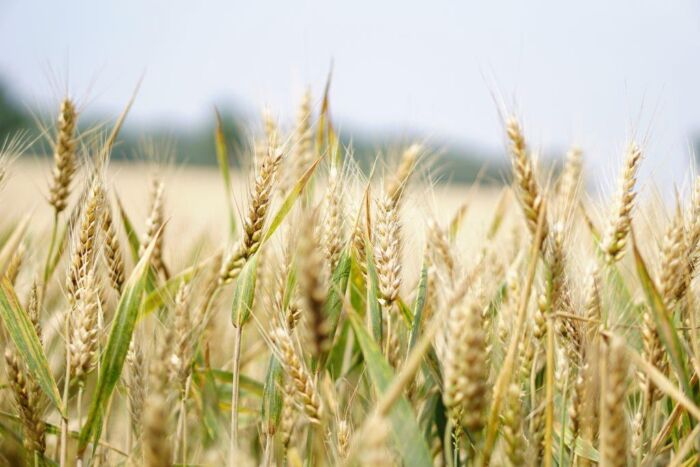
We celebrate today, 22 May 2020, the World Biodiversity Day, established in 2000 by the United Nations Assembly to celebrate the Convention on Biological Diversity adopted on 22 May 1992 and to promote global awareness of biodiversity issues.
Diversity is a wealth. In nature it consists of a variety of ecosystems that host a variety of interactions between animal and plant species, each of which is in turn characterized by a genetic variety.
Today we know how much the consequences of the continuous loss of biodiversity weigh on human health, social and economic terms. According to the WWF report “Pandemics, the boomerang effect of the destruction of ecosystems” there is an indirect causal link between the diseases that threaten humanity today and the loss of biodiversity caused by our impact on natural ecosystems.
The slogan launched for the International Biodiversity Day 2020 is “Our solutions are in nature” which sounds like a warning to the reprogramming of the future in harmony with nature.
Our survival and well-being, in fact, depend on the healthiness and variety of the ecosystems of our planet, that’s why we need acts of responsibility and empowerment to transform good intentions into current, serious and binding behaviors.
2020 is a crucial year for Biodiversity and, for this occasion, the European Commission presented the “European Biodiversity Strategy” which indicates some specific objectives with a time horizon to 2030 which have the ultimate aim of reversing the trend towards loss of biological diversity.
There are numerous relevant points in the document. These include the proposal to plant three billion trees, intensify the fight against the trafficking of wild animals, allocate 30% of the lands and 30% of the seas to protected areas, create new urban plans for greenery in all cities with more than 20,000 inhabitants and work to recover a good state of all surface and groundwater by 2027. The affirmation of the biological model in agriculture is fundamental within the European strategy.

“The restoration of natural ecosystems will not only help to solve the loss of biodiversity, but also to face mitigation and adaptation to climate change and will allow to create resilient societies and economies”, writes the WWF which, together with other NGOs, has strongly supported this goal.
FederBio underlines how the adoption of biological practices in agriculture is one of the immediate and concrete measures that can be put in place to protect biological diversity and natural habitats and which, at the same time, is able to promote the maintenance of soil fertility and to help tackle climate change.
“There is no doubt that biodiversity contributes significantly to maintaining the life of the planet, which is why it is essential to protect it especially in a delicate moment such as the current one, characterized by an unprecedented crisis – comments Maria Grazia Mammuccini, President of FederBio – Not only are they thousands of plants and animals that populate the Earth and countless organisms that make up natural ecosystems, but our health, are at risk. Europe has also put a real paradigm shift at the center of the biodiversity strategy where organic is an essential element for the defense of the wealth of ecosystems. In fact, the new plan focuses on the agro-ecological approach and on the transition to organic agriculture to encourage biodiversity and combat climate change”.



































